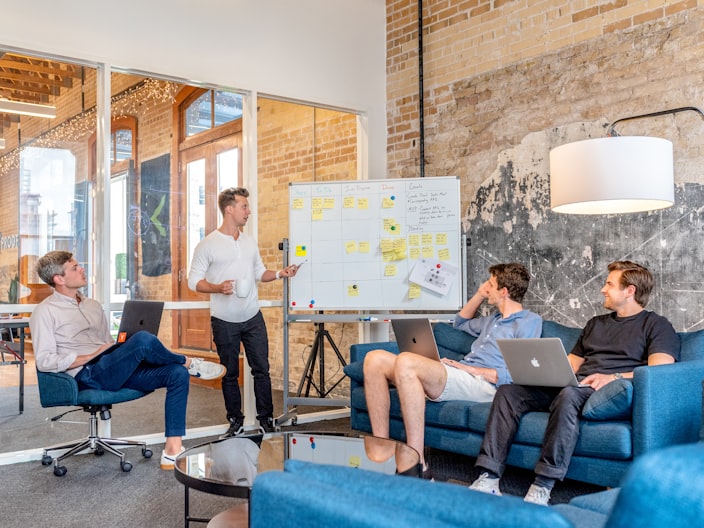Clean Water Solutions
Explore our innovative clean water solutions to provide safe and accessible water for all.





Explore our innovative clean water solutions to provide safe and accessible water for all.





Clean and sustainable water solutions for all.
Airin2water.com is a perfect domain for a business selling innovative air-to-water technology, providing clean and sustainable drinking water solutions to consumers worldwide, while capitalizing on the growing market demand for environmentally friendly alternatives.
“Our mission at Air In2 Water is to provide innovative and sustainable solutions for generating clean and accessible drinking water from the air. We aim to address global water scarcity challenges by offering cutting-edge technology that efficiently produces high-quality drinking water.”

With the airin2water.com domain name, you can create a unique platform to promote air-to-water technology and solutions. By establishing a website on this domain, you can educate and inspire individuals about the benefits of converting air into clean, drinkable water. The potential to raise awareness and drive engagement around this innovative technology makes the investment in the domain name a worthwhile decision.
Secure Your Domain Name and Build Your Dream Website Today
Frequently asked questions about Clean and sustainable water solutions for all..
Some innovative technologies for providing clean and sustainable water solutions include advanced water filtration systems such as membrane filtration, nano-filtration, and reverse osmosis. Additionally, smart water management systems that utilize sensors and data analytics to monitor and optimize water usage are becoming increasingly popular. Desalination technologies like solar desalination and forward osmosis are also being developed to increase access to clean water in regions with limited freshwater resources. Lastly, bio-inspired filtration systems that mimic natural processes for water purification, such as biomimetic membranes, are showing promise for sustainable water treatment solutions.
Communities can ensure access to clean water for all residents by investing in infrastructure improvements, such as upgrading water treatment facilities and replacing outdated pipes. Additionally, implementing transparent and fair water pricing policies can help ensure that water remains affordable for all residents. Regular water quality testing and monitoring can also help identify and address any issues that may arise to maintain clean water access for all community members. Collaboration between government agencies, water utilities, and community organizations is essential to develop and implement comprehensive strategies that prioritize clean water for all residents.
Access to clean water is essential for public health and well-being as it helps prevent waterborne diseases such as diarrhea, cholera, and typhoid. Clean water also promotes personal hygiene, reduces the risk of illness, and improves overall quality of life. Communities with access to clean water have lower child mortality rates and better nutrition outcomes. Additionally, clean water is important for proper sanitation and can help control the spread of infectious diseases.
Yes, there are several successful examples of implementing sustainable water solutions in developing countries. One example is the Water and Sanitation Program in India, which has helped improve access to clean drinking water for millions of people through community-driven initiatives. In Kenya, the Twaweza program has successfully implemented rainwater harvesting systems to provide sustainable water sources for rural communities. Additionally, the Safe Water Cube initiative in Haiti has installed water treatment systems in schools and communities to increase access to clean water.
Key challenges in achieving universal access to clean and sustainable water sources include inadequate infrastructure, limited financial resources, water pollution, climate change impacts, and inequitable access in marginalized communities. Improving and maintaining water infrastructure is costly and requires ongoing investment. Pollution from industrial activities, agriculture, and urban runoff can contaminate water sources, making treatment necessary. Climate change is putting additional stress on water sources, leading to droughts and seasonal variability. Ensuring equitable access for all populations, especially vulnerable communities, requires addressing social, economic, and political factors.
Airin2Water.com website statistics:
Views today / week / total:
... / ... / ...